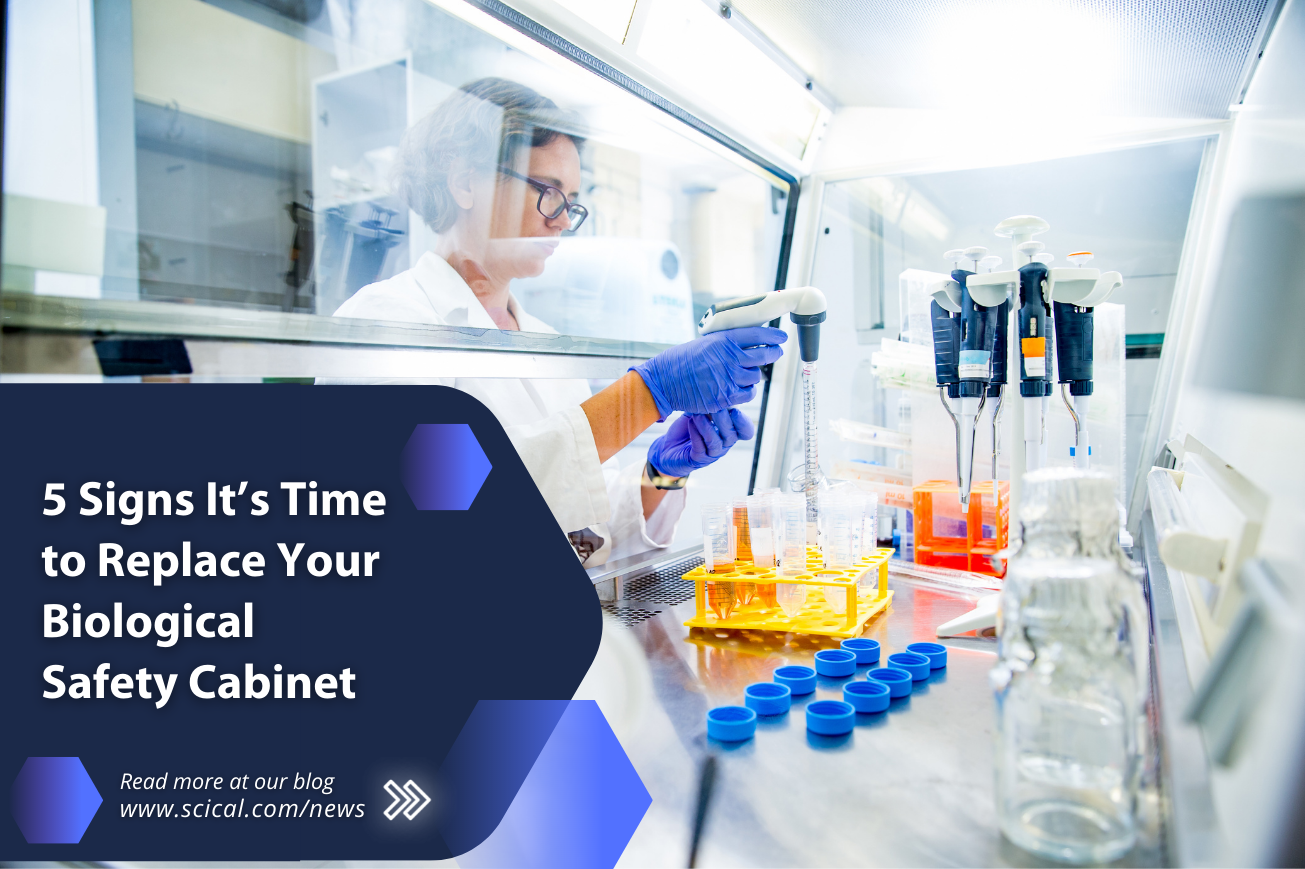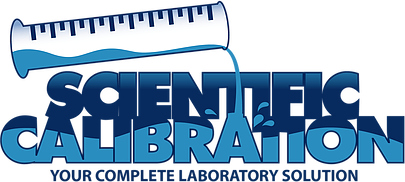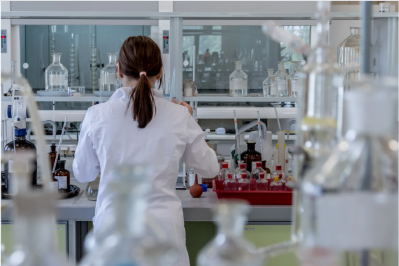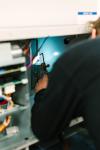Is It Time to Replace Your Biosafety Cabinet? Key Indicators and Benefits of Upgrading

Is It Time to Replace Your Biosafety Cabinet? Key Indicators and Modern Benefits
Biological safety cabinets (BSCs) are critical to ensuring the safety of both laboratory personnel and the integrity of sensitive samples. A well-maintained BSC can serve a lab reliably for up to 15 years—or longer with proper care. However, as equipment ages and new technologies emerge, there comes a point when replacement becomes more cost-effective and safer than ongoing maintenance.
In this blog, we outline the most important indicators that it may be time to replace your biosafety cabinet and the performance, safety, and efficiency improvements you can expect from newer models.
???? Top Reasons to Consider Replacing Your BSC
1. Visible Degradation
Physical wear such as rust or corrosion—especially on interior surfaces—signals that a cabinet may no longer be safe or cleanable to the necessary standards. These issues often result from improper cleaning agents or excess humidity and can lead to microbial adhesion and sample contamination. Any signs of rust should be treated as a serious indicator that replacement is necessary.
2. Improved Energy Efficiency
Many labs continue to operate outdated biosafety cabinets unaware of the significant energy savings offered by newer models. Legacy cabinets often use AC motors, which are far less efficient than the modern DC motors found in today’s Class II BSCs.
According to Thermo Fisher Scientific, transitioning to a newer energy-efficient cabinet can result in annual energy savings of up to $1,900 per unit—translating to over $28,000 over the lifespan of the cabinet.
3. Enhanced Containment Performance
Modern biosafety cabinets benefit from decades of airflow engineering improvements and updated NSF/ANSI 49 standards. These include:
-
More accurate airflow velocity controls
-
Improved HEPA filtration
-
Enhanced blower and motor systems
If your current unit was manufactured before or shortly after the 1992 revision of NSF Standard 49, it may not meet the performance benchmarks required by current research and clinical standards.
4. Reduced Maintenance and Downtime
Older BSCs often require more frequent repairs and may include outdated parts that are difficult to source (e.g., magnetic ballasts, T12 fluorescent bulbs). Newer cabinets are designed with technician accessibility in mind—featuring better front-filter access, improved blower mounting, and simplified wiring. This design evolution shortens certification time and reduces long-term maintenance costs.
If your cabinet regularly fails certification tests or requires repeated service calls, it's a clear sign that it's time for replacement.
5. Improved Ergonomics and Usability
Ergonomics play a significant role in lab safety and productivity. Today’s biosafety cabinets offer:
-
Enhanced armrest and forearm support
-
Expanded viewing zones
-
Quieter operation (often under 60 dB)
-
Electrically adjustable height options
These improvements reduce fatigue, improve workflow, and increase compliance with proper BSC usage procedures.
????️ Protecting Your Investment: How to Extend the Life of a New BSC
To maximize the lifespan and performance of your new biosafety cabinet, keep the following best practices in mind:
-
Routine Cleaning: Regularly clean and disinfect the work surface and interior surfaces with compatible solutions to prevent buildup and contamination.
-
Annual Certification: BSCs should be certified at installation and recertified at least once per year by a qualified technician. Certification verifies that airflow and containment meet safety standards and provides an opportunity to identify potential maintenance issues early.
???? Upgrade with Confidence
Whether you're facing declining performance, rising energy costs, or increasing maintenance issues, replacing an aging biosafety cabinet can offer both short- and long-term benefits. Modern BSCs deliver improved safety, efficiency, serviceability, and user comfort—all essential for today’s laboratory environments.
At Scientific Calibration, we offer expert guidance, competitive pricing, and full-service support for biosafety cabinet replacement and certification. Contact our team today at 919-303-1212 or email us at scical@scical.com to explore your options or schedule a consultation.








